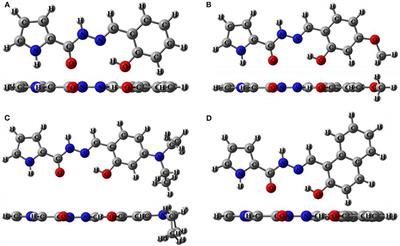REVIEW
Published on 14 Dec 2020
Fluorescent AIE-Active Materials for Two-Photon Bioimaging Applications

doi 10.3389/fchem.2020.617463
- 5,999 views
- 29 citations
8,241
Total downloads
42k
Total views and downloads
You will be redirected to our submission process.
REVIEW
Published on 14 Dec 2020

ORIGINAL RESEARCH
Published on 19 Nov 2020

MINI REVIEW
Published on 10 Nov 2020

MINI REVIEW
Published on 09 Nov 2020

ORIGINAL RESEARCH
Published on 02 Oct 2020

ORIGINAL RESEARCH
Published on 26 Aug 2020

